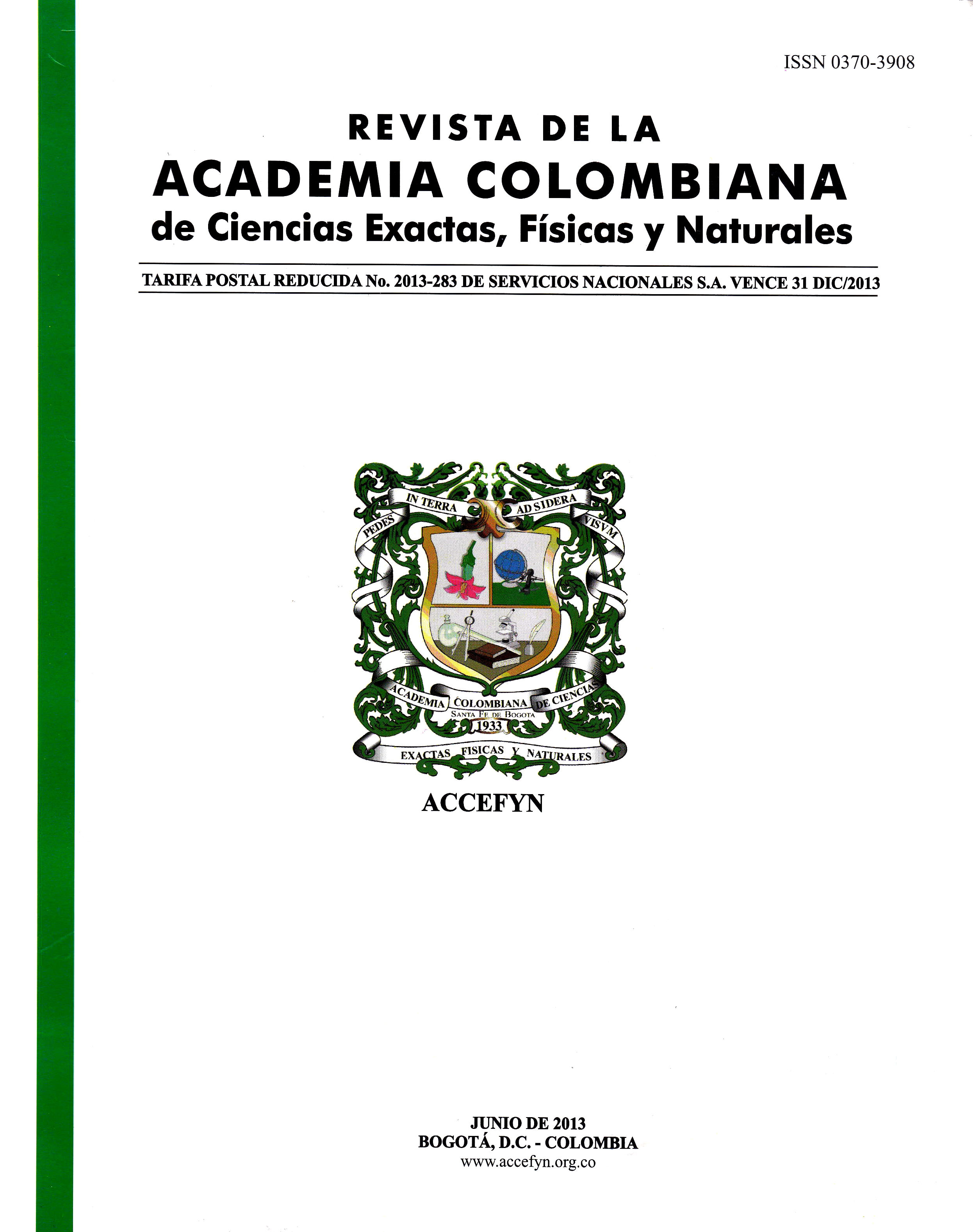Abstract
The uniformitarianism of James Hutton and Charles Lyell in geology have been historically considered as a confuse and few credible notion, scientifically speaking. At the same time, most of the analysis about the uniformitarianism it is base on an essentialy inductive focus, which apparently is the reason why they have result little promising for its epistemological clarification. Concerning the hypothesis that the epistemological issues of the uniformitarianism rise of thinking it like an inductive generalization, here it is attempted a different interpretation, not only based on affirmations of its proposers but also in the ideas of the philosopher K. R. Popper about the logical unsustained of the induction. In that way, the approximation to the uniformitarianism since the critical rationalism is a novelty proposal to the already existent. From this vision, its validity, character and epistemological status will stop being confused.
Keywords
References
Estany, A. (1993). Introducción a la Filosofía de la Ciencia. Primera edición. Barcelona: Crítica.
Goodman, N. (1967). Uniformity and Simplicity. Uniformity and Simplicity: A Symposium on the Principle of the Uniformity of Nature. New York: Special paper of The Geological Society of America, 89: 93-99.
Gould, S. J. (1992). La Flecha del Tiempo. Mitos y Metáforas en el Descubrimiento del Tiempo Geológico. Primera edición. Madrid: Alianza Editorial S.A.
Hallam, A. (1985). Grandes Controversias Geológicas. Primera Edición. Barcelona: Editorial Labor S.A.
Holmes, A. & Holmes, D. (1980). Geología Física. Tercera Edición. Barcelona: Ediciones Omega S.A.
Hubbert, M. (1967). Critique of the Principle of Uniformity. Uniformity and Simplicity: A Symposium on the Principle of the Uniformity of Nature. New York: Special paper of The Geological Society of America, 89: 3-33. (Cito según mi propia traducción).
Hutton, J. (1785). Theory of the Earth; or an Investigation of the Laws Observables in the composition, dissolution and restoration of Land upon the Globe. (Cito según mi propia traducción). www.mala.bc.ca/~johnstoi/essays/Hutton.htm.
Lyell, C. (1830). Principles of Geology. Being an attempt to explain the former Changes of the Earth’s Surface. Primera Edición. London: John Murray. (Cito según mi propia traducción).
Martínez, J. (1980). Ciencia y Dogmatismo: El Problema de la Objetividad en Karl Popper. Primera edición. Madrid: Ediciones Cátedra S. A.
Miller, D. (1995). Popper: Escritos Selectos. Primera edición en español. México: Fondo de Cultura Económica.
Popper, K. (1967). Conjeturas y Refutaciones. Primera edición. España: Ediciones Paidós. (1992). Conocimiento Objetivo. Cuarta edición. Madrid:Editorial Tecnos.
Popper, K. (1994). Búsqueda sin Término. Tercera Edición. Madrid: Editorial Tecnos.
Popper, K., (1996). La Lógica de la Investigación Científica. Primera Reimpresión. México: Editorial Iberoamericana.
Tarbuck, E. J. & Lutgens, F. K. (1999). Ciencias de la Tierra. Una Introducción a la Geología Física. Sexta Edición. Traducción Ana María Rubio. España: Pearson Educación.
Thornbury, W. D. (1960). Principios de Geomorfología. Traducción de Juan C. Turner. Buenos Aires: Kapelusz S.A.

This work is licensed under a Creative Commons Attribution-NonCommercial-NoDerivatives 4.0 International License.
Copyright (c) 2023 Revista de la Academia Colombiana de Ciencias Exactas, Físicas y Naturales





